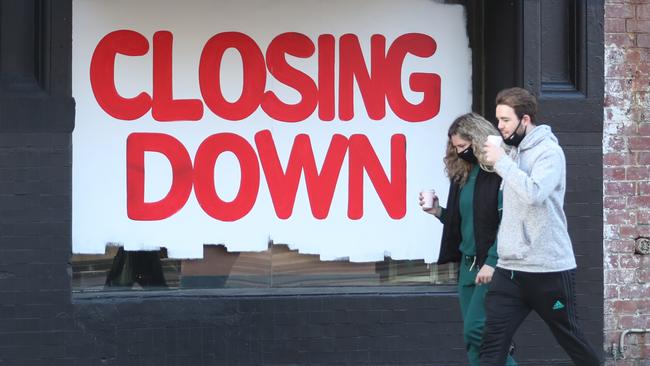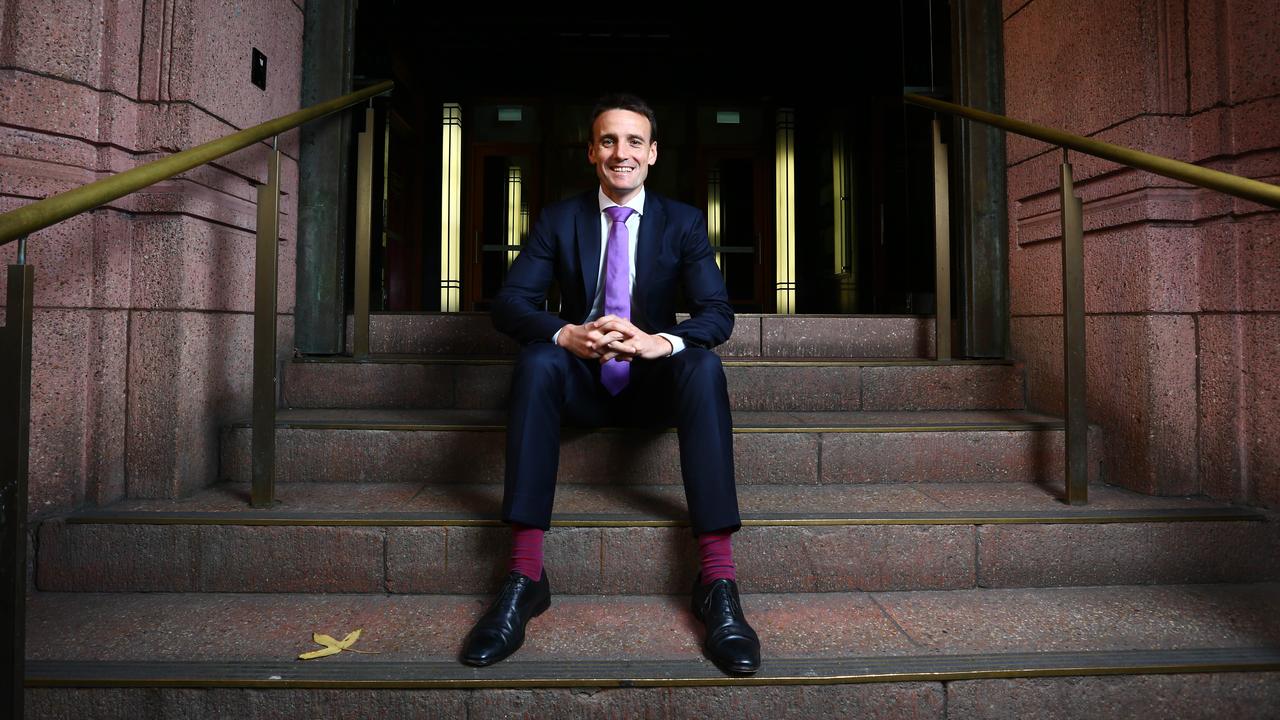Insurers launch legal test on COVID-19 payouts
A finding against the insurance industry could trigger hundreds of millions of dollars in payouts to businesses hit by lockdowns.

The insurance industry and financial services ombudsman have launched a high-stakes legal challenge to business interruption insurance which will see disputes over the wording of policies and coverage related to the COVID-19 pandemic put to the test.
The case, filed in the NSW Supreme Court, comes after weeks of speculation and an announcement by the Australian Financial Complaints Authority and the Insurance Council of Australia on 31 July that they would pursue a case to clarify disagreements around policy wording.
A finding against the industry could trigger hundreds of millions of dollars in payouts to businesses which have seen earnings crunched as a result of lockdowns relating to the pandemic.
The outcome of the case will then go back to AFCA who will use it to determine its response to the more than 30 complaints relating to denied business interruption insurance policies that it has received.
The central question over which the case will swing is whether a reference to quarantinable diseases under the quarantine act should instead be construed as listed human diseases under the biosecurity act.
There is a second question which will also look at whether exclusions in a policy of insurance which came into force before COVID-19 was declared a listed human disease under the biosecurity act, can still be relied upon by the insurer.
It is understood that the insurers are of the view that the reference to legislation is simply the mechanism by which insurers have enabled pandemics to be excluded from coverage without the need for constantly rewriting policy.
The case will focus on two insurers and two insurer customers.
One is a caravan park in the NSW City of Tamworth insured by HDI Global Specialty SE (Australia), the other a food distributor in Melbourne insured by Hollard Insurance.
Clyde & Co, acting on behalf of the two insurers who will appear in the case, Clayton Utz will be representing the two businesses.
Clyde & Co Partner Gareth Horne said “It is important that this key threshold coverage question is addressed swiftly and definitively with a view to giving certainty to all stakeholders including both small businesses and insurers.”
If the insured in the case are successful then there is likely to be an additional consideration of the question of proximity and how a loss caused by the pandemic can be assessed.
Many policies reference a downturn in trade, however, and these would need to be assessed on an individual basis.
It is also likely that the shutdown, reopening, and relapse of businesses in Victoria due to stage four lockdowns would be considered if the insurer parties progress successfully in the case.
The Insurance Council of Australia said it would not pre-empt legal arguments that would be put forward, and “encourages all parties and interested persons to allow the legal process to take place unencumbered by speculation or commentary”.
Insurance Council chief Rob Whelan said the case was an important step to clarifying the treatment of pandemic related claims.
“Most insurers have never contemplated coverage for pandemics in their policies, and did not price pandemic risks into premiums. They believe pandemic-related exclusions are appropriate, but wish to provide greater clarity through engaging a superior court process,” he said.
Hollard Insurance company CEO and Founder Richard Enthoven said he remained of the clear view that business interruption coverages do not cover pandemics.
“However, we volunteered to be part of the test case process so that the court system can clarify for our policyholders, Hollard and the industry how to handle this important issue,” he said.
HDI Global Specialty CMO Richard Taylor said they looked forward to making a “positive contribution” through the test case.
“As a global and prominent insurer in Australia, we take this matter very seriously,” he said.
QBE chief executive Pat Regan told investors it was “worth reminding that the fundamental premise of insurance is to ensure diversified pools of risks such that an insurer can afford to cover risks on the basis they can all give rise to a claim at the same time
“It’s clearly impossible to indemnify events where all the policies payout simultaneously, and this is one of the main reasons why insurance companies are so insistent that nearly all business interruption policies and policy wordings don’t and never intended to cover business interruption caused by pandemics,” Mr Regan said.
QBE is not a party to the case.
Analysts at Macquarie estimate that if insurers were required to cover losses from SME interruptions in Australia it could cost upwards of $535m.
Macquarie based its claims around costs from the three-month complete shutdown that hit many businesses, followed by a 15-month partial slowdown with a 10 per cent loss of gross profit. However, the figure excludes legal fees and claims handling costs.




To join the conversation, please log in. Don't have an account? Register
Join the conversation, you are commenting as Logout